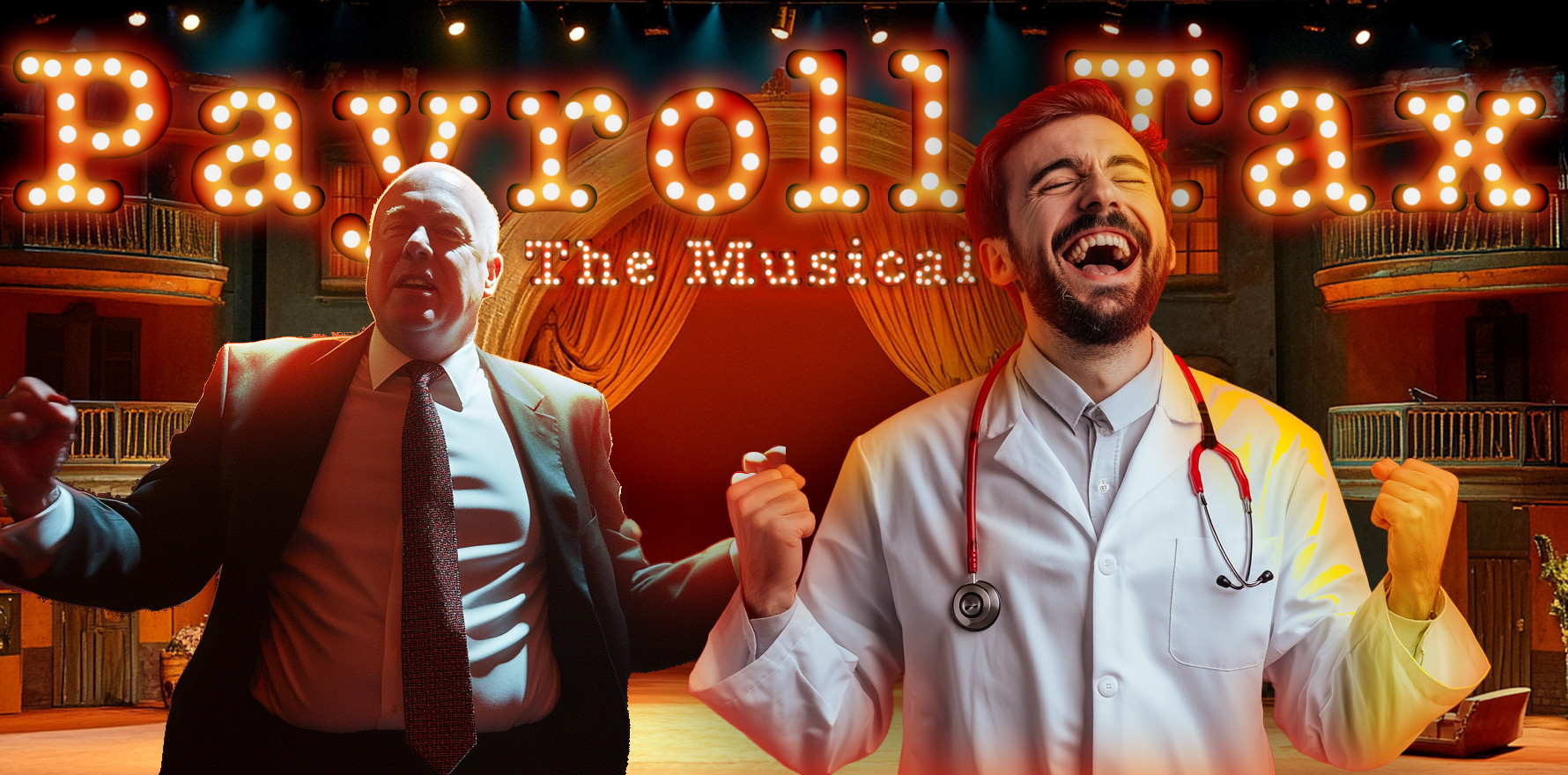… or beware the ghosts of payroll tax past, present and future.
As the end of financial year closes in, controversial healthcare accountant David Dahm is encouraging GPs participating in a payroll tax exemption scheme to visit their accountant and ask for an answer, in writing, on whether their practice is a medical business or a tenant doctor business.
Payroll tax – more specifically, the way it has laid bare the issues with many GP business structures – is a seemingly unkillable beast.
While the issue is largely moot in Western Australia, most of the eastern states have put in some variety of payroll tax exemption for general practice.
In the ACT, Victoria, NSW and South Australia, the exemption is tied to each individual practice’s bulk-billing rate.
Most of these schemes have come into effect over the last 12 months.
Mr Dahm, who owns an accountancy firm focused on general practice, told The Medical Republic that he has seen an increase in inquiries from GPs and practices in the lead-up to the end of the financial year.
“What’s happening now is that [these practices have] all been written to [by their state revenue office] saying, ‘give me your annual financial statements, and you now have to do a payroll tax reconciliation’,” Mr Dahm said.
“Basically, they’re being told … ‘start showing us what your bulk billing is or isn’t, so we can work out how much we can tax you’.”
In other words, the impact of the tax is starting to hit practice bank accounts.
Related
“There are more people asking this question now because suddenly their accountants are saying, ‘look, you better hand over the money, we don’t have any other alternative’,” he said.
“People are now asking for the alternative [business structure] that I … have been going blue in the face talking about over the years.”
The alternative business structure in question is a service trust or tenant doctor arrangement, whereby a group of doctors engage in a cost-sharing arrangement to pay for premises, equipment and IT systems.
Even if the function is the same as a regular general practice setup, the key is that the doctors are in control of the administration or service entity rather than working for a practice entity.
Operating as a true administration entity should, in theory, would mean that a practice is not liable for payroll tax or any of the other financial obligations that come with being an employer, like superannuation.
“We’re raising this because a lot of tax dollars are being paid that are unnecessary and a lot of compliance costs that are being incurred are unnecessary if you have the right structure in the first place,” Mr Dahm said.
“And you need to be clear on [whether] you have got the right structure.”
Hence his recommendation for practices to get their accountants to make a judgement one way or the other.
“Get something in writing before 30 June, just to protect yourself,” Mr Dahm said.
“We’ve had people about to lodge tax returns that have rung me up, and I’ve had the accountant on the line going ‘We shouldn’t have called ourselves a general medical practice or general medical business on the tax return, it is an administrative entity’, and the clients have said, ‘yeah, that’s exactly who I am’.
“But that’s certainly what not the paper trail is showing.”





